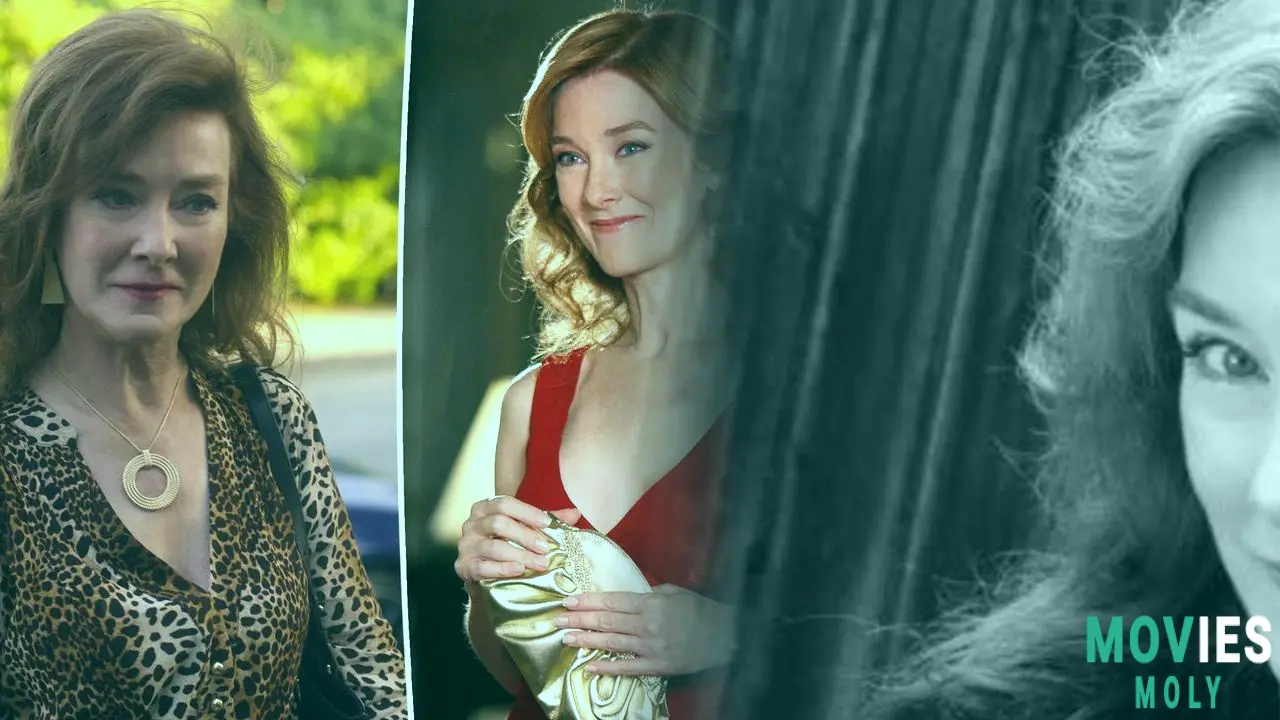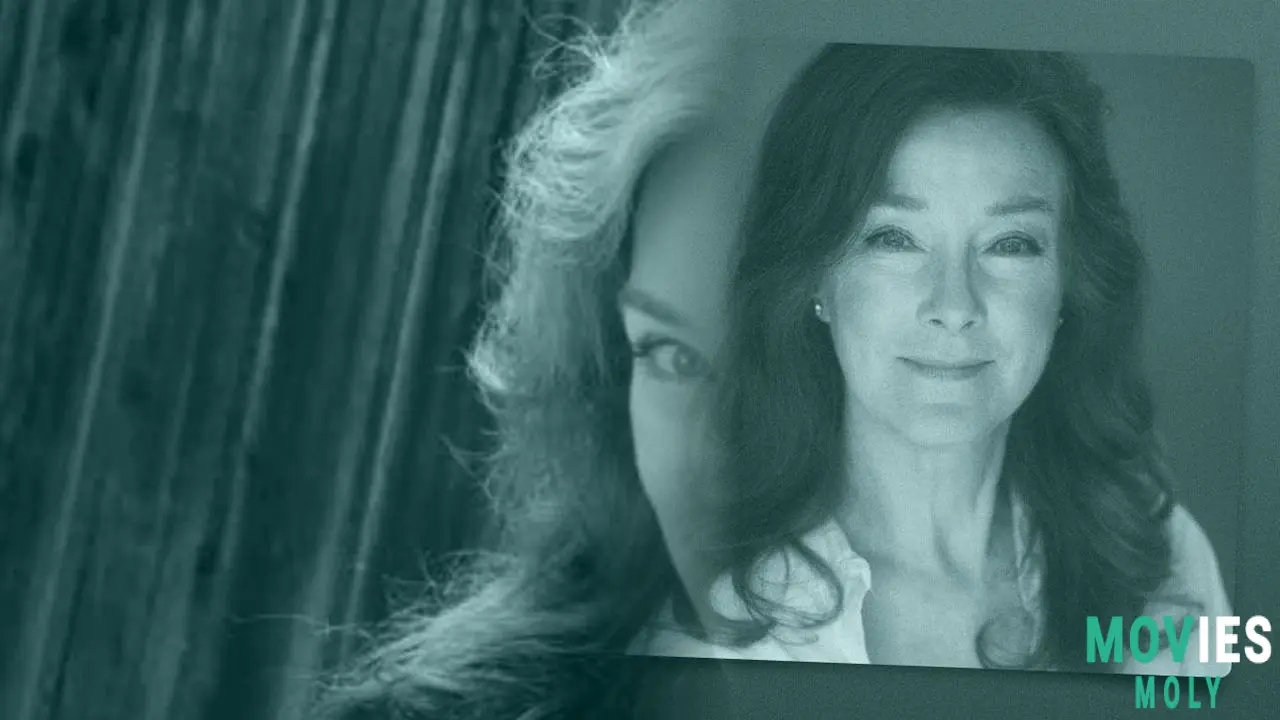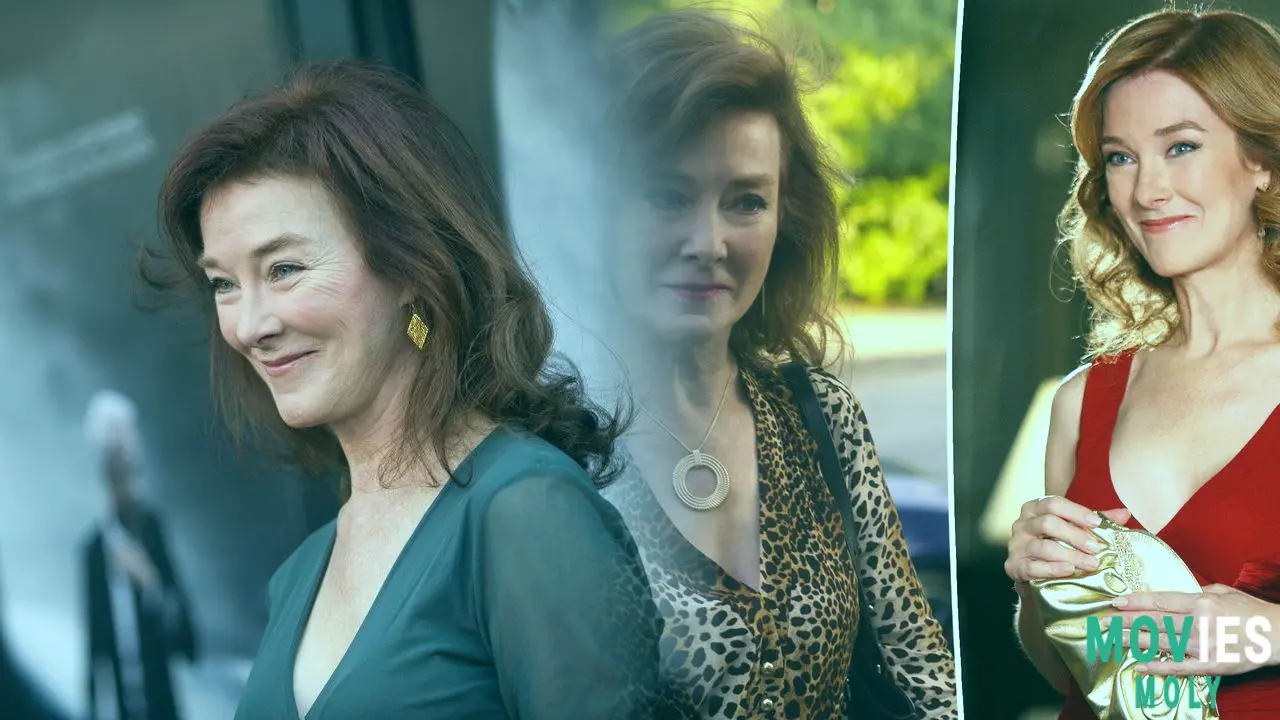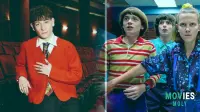When Young Sheldon wrapped up its run, it certainly left a noticeable absence in many of our hearts. It was a warm, funny, and deeply thoughtful show. For many it became a real comfort watch with its touching family moments and clever writing. The series gave us a much deeper look into Sheldon's childhood. It brought his world to life in a way the original The Big Bang Theory only hinted at. It showed us so much of his early life, including his struggles and his triumphs.
But for anyone who watched both shows very closely, a few details never quite added up. Some things just did not match the stories adult Sheldon told later in The Big Bang Theory. Even though it was easy to overlook these little differences while enjoying the show, they are still worth pointing out. It is part of the fun of watching prequels. You get to see how stories grow and change over time. These small points of difference can sometimes spark fun debates among fans.
One of the biggest differences was Sheldon's dad, George Sr. In The Big Bang Theory Sheldon often made his dad sound like an aggressive man who drank too much and was emotionally distant. But in Young Sheldon George comes across as a flawed but truly loving man. He drank sometimes but he was far from the "red-faced drunk" adult Sheldon once mentioned. George worked hard, cared deeply about his family, and was much more emotionally available than viewers might have expected from the original show's descriptions. This change made George a much more likable and sympathetic character for many viewers.
Unpacking The Biggest Differences Between Young Sheldon and The Big Bang Theory StoriesHow The Prequel Series Offered a New View of Sheldon's Early Life and Family Dynamics
Sheldon often said he had no friends when he was a kid. But that simply was not the case in Young Sheldon. He had Tam, and even Paige and Billy showed up in various episodes. These might not have been deep, lifelong friendships, but they were certainly more than nothing. It painted a very different picture from the lonely boy Sheldon described later in life. It was nice to see him have some sort of connection, even if they were sometimes awkward. These friendships helped make his early years feel a bit less isolated.
Sheldon also regularly talked about being bullied as a child. But in the prequel apart from a few moments of teasing he was mostly left alone. Sometimes others even defended him. The bullying never seemed to define his school years in the way he had suggested. This might have been a way to show that Sheldon’s perception of his past was sometimes different from reality. Or perhaps it was just a choice to make his childhood a little less sad for the audience.
Another big inconsistency involved the Cooper house. In The Big Bang Theory Sheldon once claimed their house was built on cinder blocks. He even said it "fell off" during a storm. This description painted a picture of a fragile, rundown home. But in Young Sheldon the Cooper house was sturdy and modest. It looked like any typical family home in East Texas. There was no sign it had ever been unstable or damaged. And certainly no storm ever knocked it off its foundation. This was a clear example of the prequel taking liberties with established details.
Meemaw was another character who appeared very differently. In Young Sheldon Meemaw is cool witty and full of life. She runs a gambling room in her garage dates younger men and never misses a beat. But the Meemaw in The Big Bang Theory is strict traditional and sharp-tongued in a different way. The contrast is so strong they almost feel like two different characters. This change was a fan favorite for many. It gave Meemaw a lot more personality and made her much more engaging.
Sheldon made it sound like his parents’ marriage was full of yelling arguments and emotional distance. But in the early seasons of Young Sheldon they were a solid team. Of course things did start to fall apart in the final season. This lines up more closely with what Sheldon described. But it took a while to get there. The overall tone of their relationship was warmer than expected for a long time. It showed more tenderness and support between George and Mary than we had been led to believe. This made their eventual struggles feel more impactful.
Sheldon once said his grandfather inspired his love for science. But Pop Pop barely gets mentioned in Young Sheldon and we never really see that close bond. For someone who supposedly had such a major influence his absence is noticeable. It is a detail that many fans might have missed. But for those who caught it it was a surprising omission. It leaves us wondering about the full story of Pop Pop's impact.
Remembering Valerie Mahaffey: A Talented Actress From The Young Sheldon Cast

Honoring Her Contributions To The Show And Her Extensive Career In Television
In sad news Valerie Mahaffey, an Emmy-winning actress who was known for her work on Young Sheldon as well as shows like Northern Exposure and Desperate Housewives, passed away at 71. Her publicist confirmed she died in Los Angeles after a battle with cancer. Mahaffey played the recurring role of Ms. Victoria MacElroy a teacher on Young Sheldon from 2017 to 2020 appearing in 14 episodes. Her presence on the show added a touch of kindness and humor to Sheldon's academic world.
Mahaffey's husband Joseph Kell released a statement saying "I have lost the love of my life, and America has lost one of its most endearing actresses. She will be missed." Their daughter Alice Richards also shared her feelings saying "I don’t really have the words to say right now. Cancer sucks." She added "I’ll look for you in all the fun moments of life. I know that’s where you’ll be." These heartfelt words show the deep impact she had on her family.
Valerie Mahaffey had a long and varied career. She was born in Indonesia and lived there until she was 11. Her life later took her to Nigeria, Texas, and England. Her acting career started on Broadway in the 1970s where she appeared in several plays. This included Dracula with Raul Julia. She also had an early role on the NBC soap opera The Doctors from 1979 to 1981. She played Ashley Bennett and earned a Daytime Emmy Award nomination for her performance.
Mahaffey won an Emmy for Best Supporting Actress in 1992 for Northern Exposure. She portrayed Eve a hypochondriac wife. She was also recognized for her roles as Alma Hodge on Desperate Housewives and Lorna Harding on Netflix's Dead to Me. She was a familiar face with guest spots on many popular shows. These included Wings, Seinfeld, ER, and Cheers. Her ability to play different characters from eccentric to narcissistic truly made her stand out in the television world. She leaves behind a legacy of memorable performances.
Further Inconsistencies And The Show's Lasting Impact On Its Viewers

Minor Plot Holes and The Overall Legacy of Young Sheldon and The Big Bang Theory
In college Sheldon is surprised even annoyed when he is asked to create a dorm schedule. But as an adult his love for rigid structure and timetables is one of his most defining traits. That early reaction just does not line up with the future Sheldon's obsession with routine. It is a minor detail but something sharp-eyed fans would notice. It highlights how the writers sometimes prioritized a comedic moment over strict continuity.
In an early Big Bang Theory episode Missy mentions Sheldon once built a robot to keep her out of his room. But in Young Sheldon they share a room for years and that robot is never mentioned or seen. It was a fun detail from the original series that simply did not make its way into the prequel. Another small mismatch comes with Meemaw’s long-term partner. In Young Sheldon he is Dale Ballard. But in The Big Bang Theory Sheldon says the coach of his football team was a man named Wilkins. No Coach Wilkins appears in the prequel. It is another tiny point of difference but still one that fans picked up on.
Adding to the list Lance Barber who plays George Sr. in Young Sheldon also appeared in The Big Bang Theory as Jimmy Speckerman. Jimmy was Leonard's old high school bully. This is a fun bit of trivia. However it does break continuity a bit for viewers who noticed. It is interesting how actors can appear in different roles within the same universe. Sheldon reads How to Win Friends and Influence People as a child in Young Sheldon. But later in The Big Bang Theory he does not seem to know much about it even when a friend gives him a copy. This is strange for someone with a photographic memory and it feels like a missed opportunity for a callback.
Despite these inconsistencies Young Sheldon was a charming and comforting show. It gave fans a chance to see a different side of Sheldon and his family. The series managed to create its own identity while still paying homage to its roots. It was a wonderful companion piece to The Big Bang Theory. It reminded us that even genius characters have a quirky and relatable upbringing. The show's ending leaves us with many fond memories of the Cooper family and their journey. It is a series that will surely be rewatched by many for years to come. Its blend of humor warmth and character development made it a special show for many people.



